
The Important of Black Musical Theater
The Important of Black Musical Theater Musical Theater is an essential aspect of African American Culture. The performances combine songs, acting, dancing, spoken dialogue that
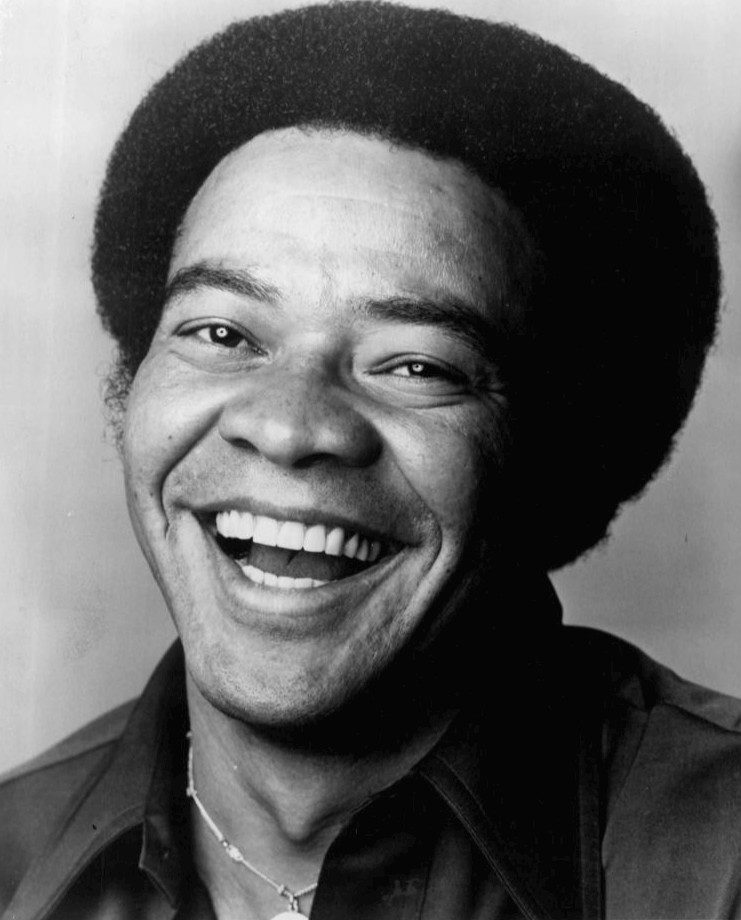
Bill Withers was a excellent singer and songwriter that highlights the blacks soul singers through the 70s and early 80s. He influences and impacted the World through his music, career, and social involvement.
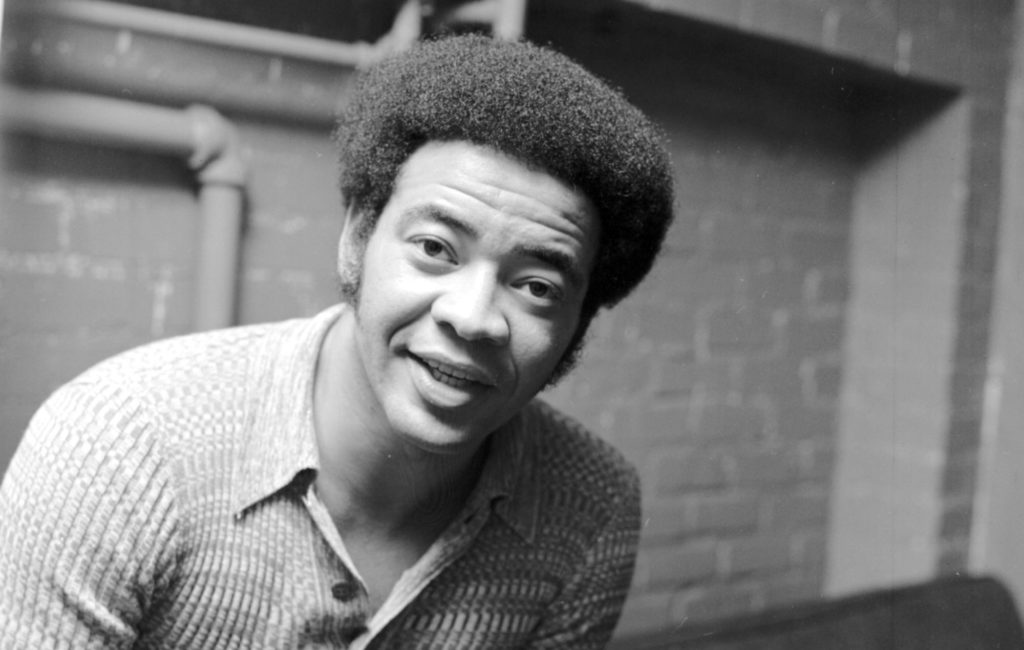
Bill Withers was born on July 4,1938 in Slab-Fork, a small cold miner town in West. Virginia. He was the son of Mattie Galloway, a maid and William Withers, a coal miner; he was also the youngest of six children. At the age of three, Bill’s parents divorced and he was raised by his mother’s side of the family. While growing up, he had a difficult time fitting in because he had a speech impediment. Then at the age of thirteen, his father died so he decided to sign up for the Navy at the age of seventeen to escape the small town. One of the biggest influences on his life was his grandmother Lula, who sent him to church with every Sunday to see and hear the choir sing. He was married to Marica Johnson, and they both had two kids: Kori Withers, and Todd Withers.
In the 1970’s, Bill was working at a assembly company as well as pursing before being picked up by the Sussex Label Company. The company helped Bill release his first album” Just as I am” in 1971 with the tracks “Aint no Sunshine “and “Grandma’s Hand”. Later on, He went on tours with the Watt 103rd Street Rhythm Band.
He released his first album Making Music in 1975 with Colombia Records. In 1976, he also released “Naked Warm with the track ” My Imagined and released Menagerie with the hit song” Lovely Day” in 1977.
While releasing his album ‘Bout Love” in 1978, he was having problems with the Colombia as they would not approve his song for the album. It lead him to collaborate with jazz saxophonist Grover Washington Jr. with the song ” Just the Two of Us in 1980. With the disagreement with the records company, Bill released his last album,”Watching You Love Me” in 1985, before he retired from the music industry. Recent Years, he spent his time with his family before passing away at the age of 81 in April 8, 2020
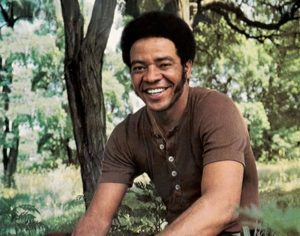

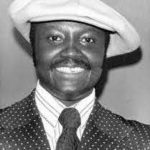


Some of the most famous contemporaries that were hit singers at the same time as Bill included Marvin Gaye, Donny Hathaway, Curtis Mayfield , Stevie Wonder, and Al Green. All of them are in the funk, soul and R&B genre.
As musical legends, Bill Withers had some many influences that inspired his song writing and music. Many great artist such as Otis Redding, The Temptations, Ray Charles, Steve Wonder, Etta Jame, and Curtis MayField.
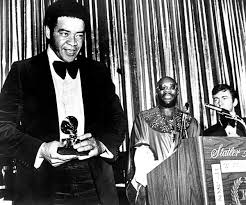
He received three Grammy awards for the Best R&B song of the year for Ain’t no Sun Shine in 1971,“Just The Two Of Us” in 1981, and Best R&B Song of Year “Lean On Me” in 1987. In 1995, Bill was inducted into the Soul Train Hall of Fame. Both of his songs”Aint no SunShine” and “Lean on Me” were inducted in the Grammy Hall of Fame in 1999 and 2007. Inducted into Songwriter Hall of Fame in 2005 as well as inducted into West Virginia Music Hall of Fame in 2007, and in Rock and Roll Hall of Fame in 2015. He received two NAACP Image awards, honored by the American Society of Composers, Authors and Publishers in with the Society’s Rhythm and Soul Heritage Award in 2006. Lastly,He was awarded the prestigious International award of the Ivor Novello Awards in England in 2017.
During the 1970s, He wrote “I Can’t Write Left-Handed” against the Vietnam War in 1973. In recent years, He spoke on the refugee crisis and American politics in 2016.
In Conclusion, Soul Legend Bill Withers helped redefine Soul and R&B music. His songwriting and music influences impacted the World and helped black Americans to express themselves emotionally whether it’s sad, happy, or distress. His music is never forgotten and will always be used for future generation

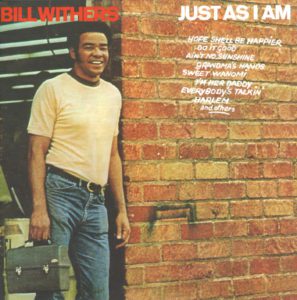
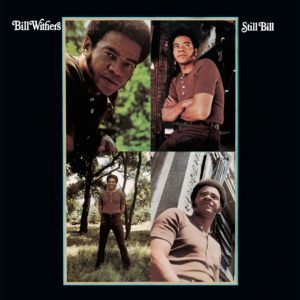
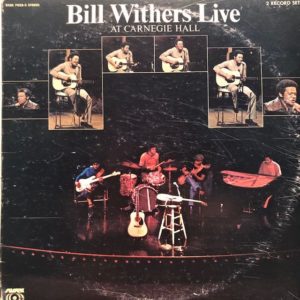
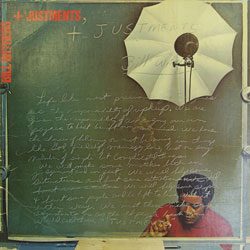
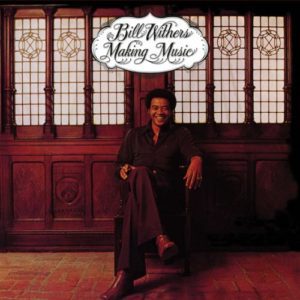
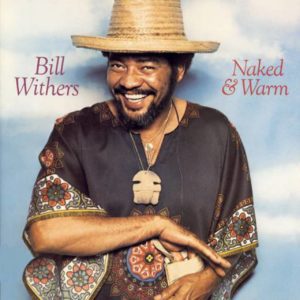
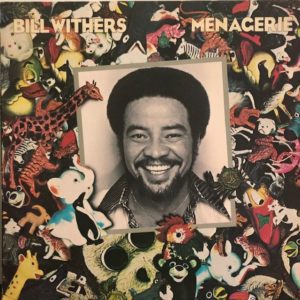
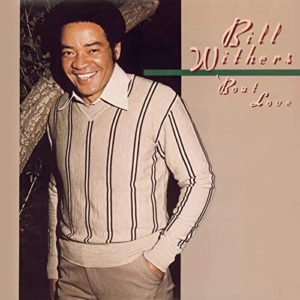
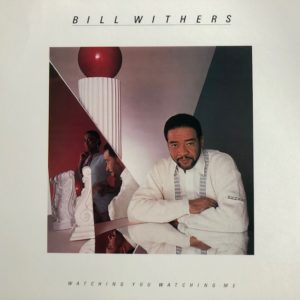
Greene, Andy. “Bill Withers: The Soul Man Who Walked Away.” Rolling Stone, Rolling Stone, 3 Apr. 2020, www.rollingstone.com/music/music-news/bill-withers-the-soul-man-who-walked-away-111535/.
Neal, Mark Anthony. “Bill Withers’ Legacy Is So Much Deeper Than The Hits We All Know.” NPR, NPR, 4 Apr. 2020, www.npr.org/2020/04/04/827315057/bill-withers-legacy-is-so-much-deeper-than-the-hits-we-all-know.
Sharkey, Alix. “Bill Withers Interview.” The Telegraph, Telegraph Media Group, 10 Aug. 2010, www.telegraph.co.uk/culture/music/rockandpopfeatures/7928784/Bill-Withers-interview.html.
“Songwriter Bill Withers And A Career Cut Short.” NPR, NPR, 7 Feb. 2007, www.npr.org/templates/story/story.php?storyId=7236327.
“BIOGRAPHY.” BillWithers.com – The Official Site of Bill Withers Music, billwithers.com/biography/.

The Important of Black Musical Theater Musical Theater is an essential aspect of African American Culture. The performances combine songs, acting, dancing, spoken dialogue that
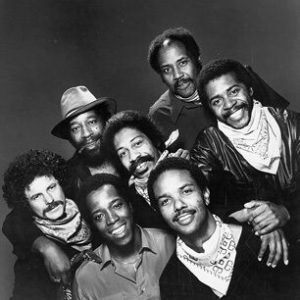
How Funk music revolutionized African American Culture. Funk is a music genre that represents black Culture. Funk was emerged from the late 60s and became
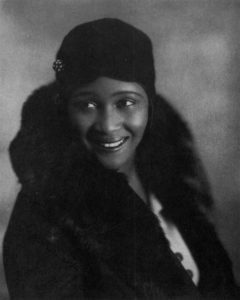
Victoria Spivey: Black Snake Blues Blues is a musical genre that originated in the Deep South, such as Mississippi Delta, by the African Americans during
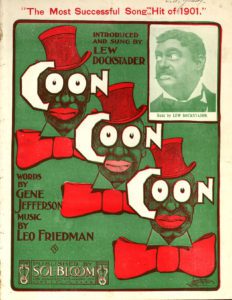
Coon Songs: The new sub-genre of Ragtime Ragtime Ragtime is a music genre that was popular from the 1890s-1920s. It established a whole new set
Gospel Period: The Changes of the Jubilee Quartet Tradition- Five Blind Boys of Mississippi In the early jubilee period, there were no instruments used in
Spirtuals vs Hymns Spirituals were the religious music of the African enslaves from the beginning of the 18th centenary until the Emancipation Proclamation in 1865.

Carolina Chocolate Drops: Genuine Negro Jig The Carolina Chocolate Drops is an American Folk band founded in Bonne, North Carolina, in 2005. This African American

Login to your account